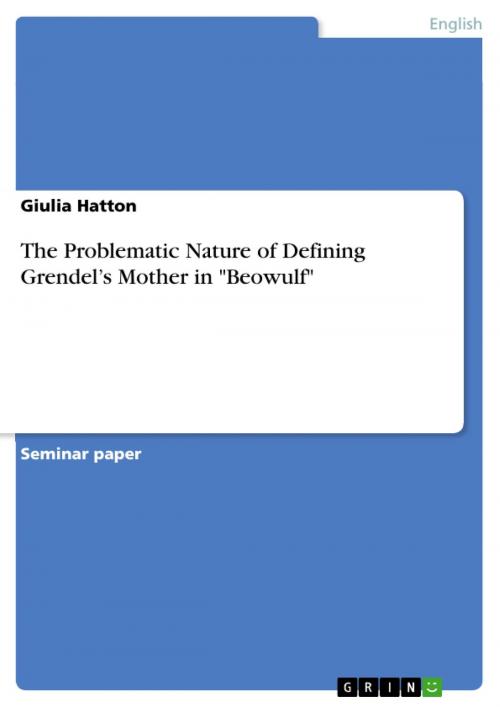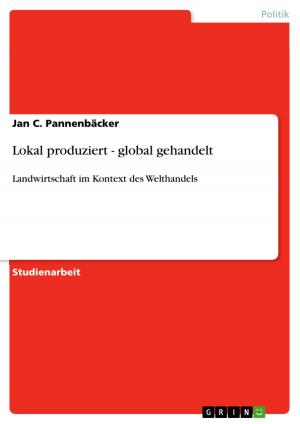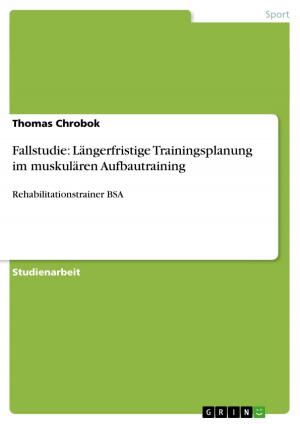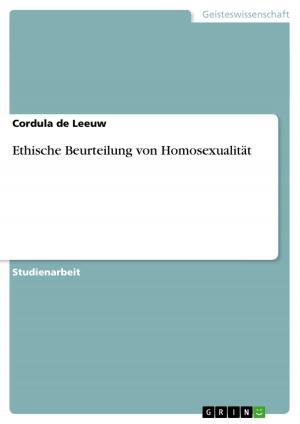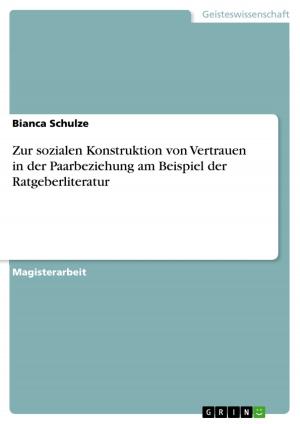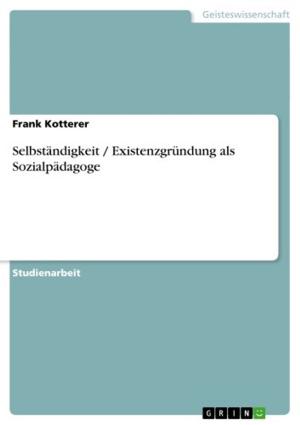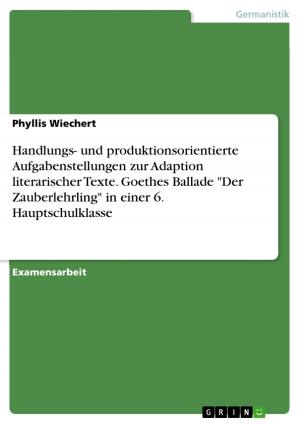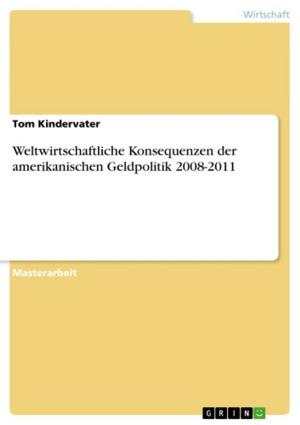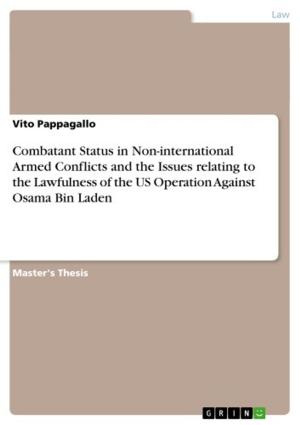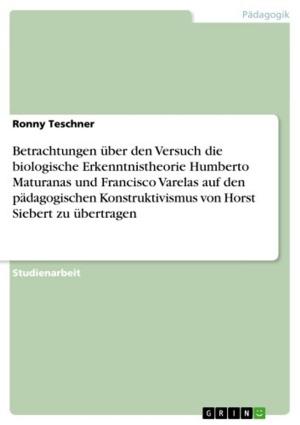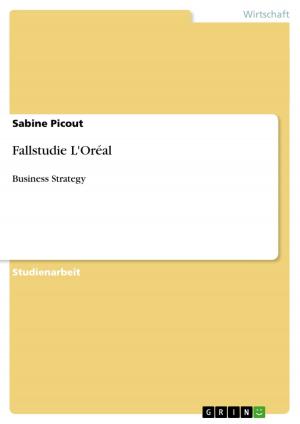The Problematic Nature of Defining Grendel's Mother in 'Beowulf'
Fiction & Literature, Literary Theory & Criticism, British| Author: | Giulia Hatton | ISBN: | 9783656904069 |
| Publisher: | GRIN Verlag | Publication: | February 24, 2015 |
| Imprint: | GRIN Verlag | Language: | English |
| Author: | Giulia Hatton |
| ISBN: | 9783656904069 |
| Publisher: | GRIN Verlag |
| Publication: | February 24, 2015 |
| Imprint: | GRIN Verlag |
| Language: | English |
Seminar paper from the year 2012 in the subject English Language and Literature Studies - Literature, grade: 1,0, Free University of Berlin (Institut für Englische Philologie), language: English, abstract: The problematic nature of defining what exactly Grendel's mother is in 'Beowulf' has left little doubt that she has been even further removed from humanness than her son. The problem seems to lie in the difference between modern conceptions of what distinguishes a 'monster' from a 'human' and the Anglo-Saxon understanding of these terms. A possible explanation for this could be that there has been relatively little exploration of this female figure as an entity independent of her son, and what interest there has been has tended to classify her as a mere-monster, or quite literally, a mere monster. Even in Edward Irving's rereading of 'Beowulf', although he prudently observes that 'the feminist movement has given us the power to open our eyes' to the phenomenon of the lack of critical attention given to Grendel's mother, he still cannot bring himself to view Grendel's mother as anything other than a monster. In this essay I will attempt to turn the reader's attention to this female character not as a monster, but as a warrior-woman, one who consciously violates the customs and rituals observed by peace-making women in Germanic society.
Seminar paper from the year 2012 in the subject English Language and Literature Studies - Literature, grade: 1,0, Free University of Berlin (Institut für Englische Philologie), language: English, abstract: The problematic nature of defining what exactly Grendel's mother is in 'Beowulf' has left little doubt that she has been even further removed from humanness than her son. The problem seems to lie in the difference between modern conceptions of what distinguishes a 'monster' from a 'human' and the Anglo-Saxon understanding of these terms. A possible explanation for this could be that there has been relatively little exploration of this female figure as an entity independent of her son, and what interest there has been has tended to classify her as a mere-monster, or quite literally, a mere monster. Even in Edward Irving's rereading of 'Beowulf', although he prudently observes that 'the feminist movement has given us the power to open our eyes' to the phenomenon of the lack of critical attention given to Grendel's mother, he still cannot bring himself to view Grendel's mother as anything other than a monster. In this essay I will attempt to turn the reader's attention to this female character not as a monster, but as a warrior-woman, one who consciously violates the customs and rituals observed by peace-making women in Germanic society.
